优课外研版初中英语九年级上册Module 12 Save our world Unit 2 Repeat these three words daily: reduce, reuse and rec
文档属性
| 名称 | 优课外研版初中英语九年级上册Module 12 Save our world Unit 2 Repeat these three words daily: reduce, reuse and rec | 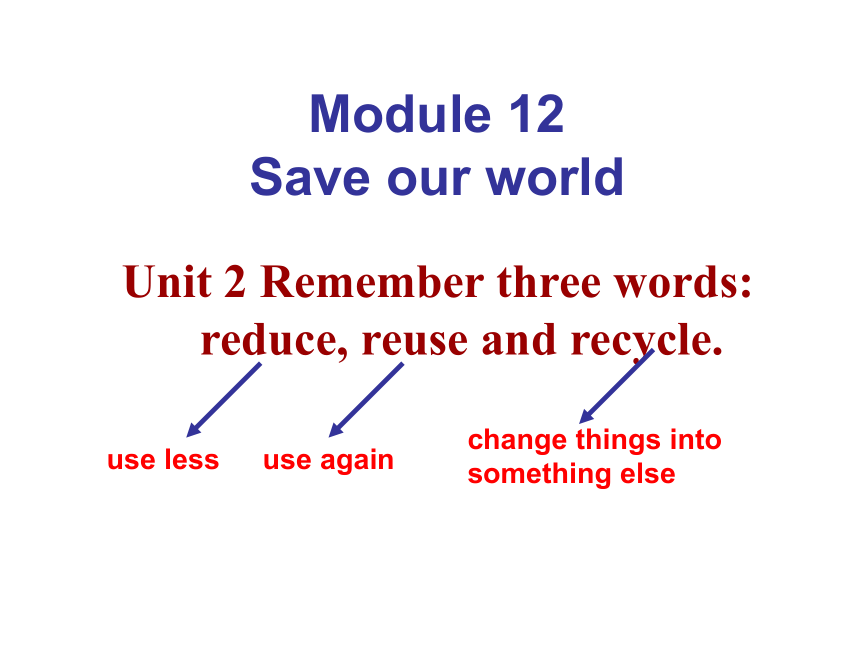 | |
| 格式 | ppt | ||
| 文件大小 | 5.5MB | ||
| 资源类型 | 教案 | ||
| 版本资源 | 外研版 | ||
| 科目 | 英语 | ||
| 更新时间 | 2016-06-30 15:52:49 | ||
图片预览


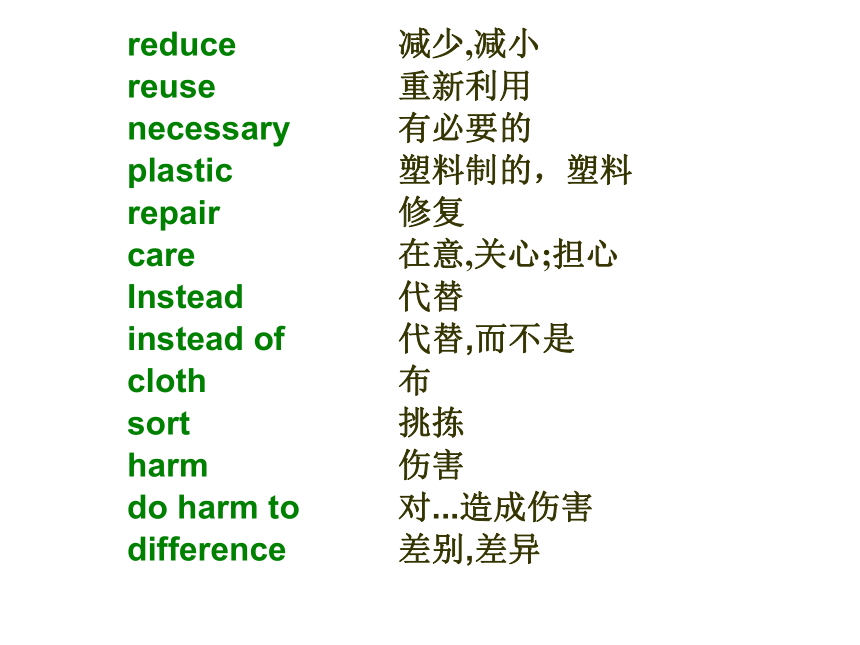
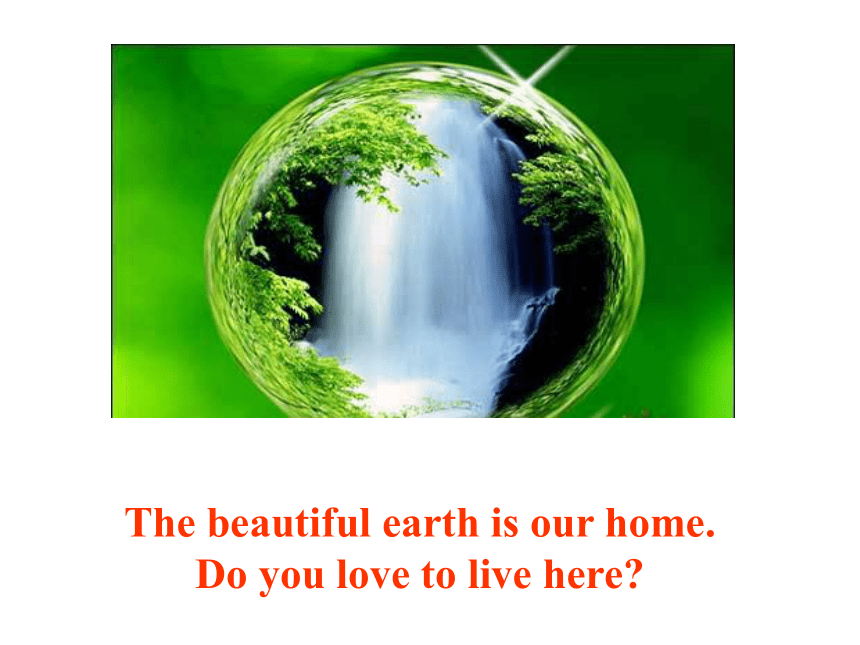
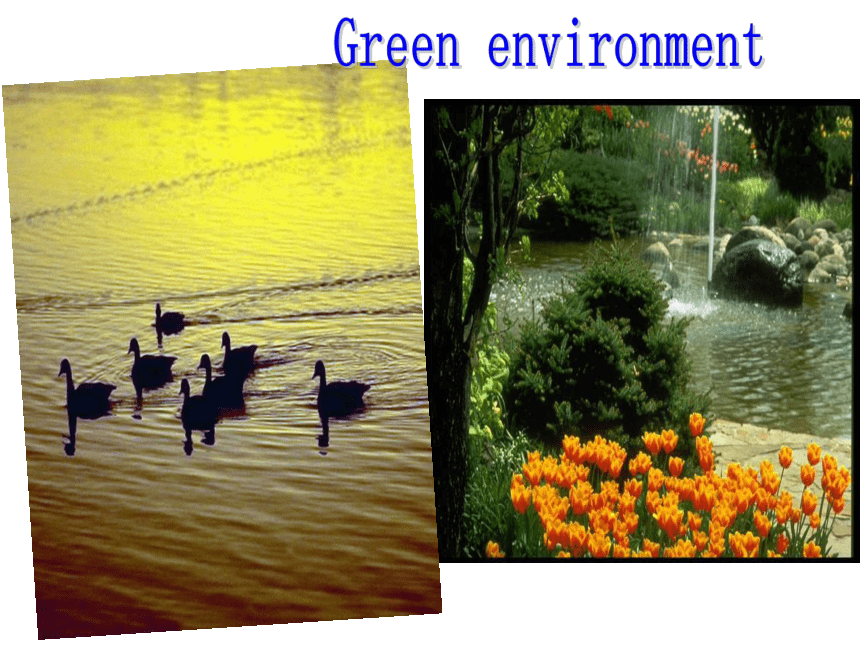
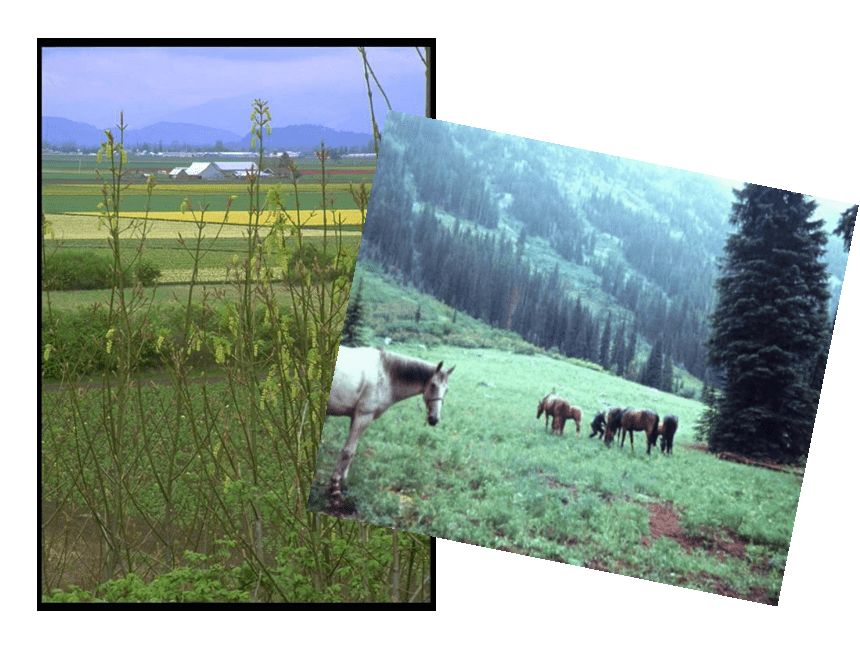
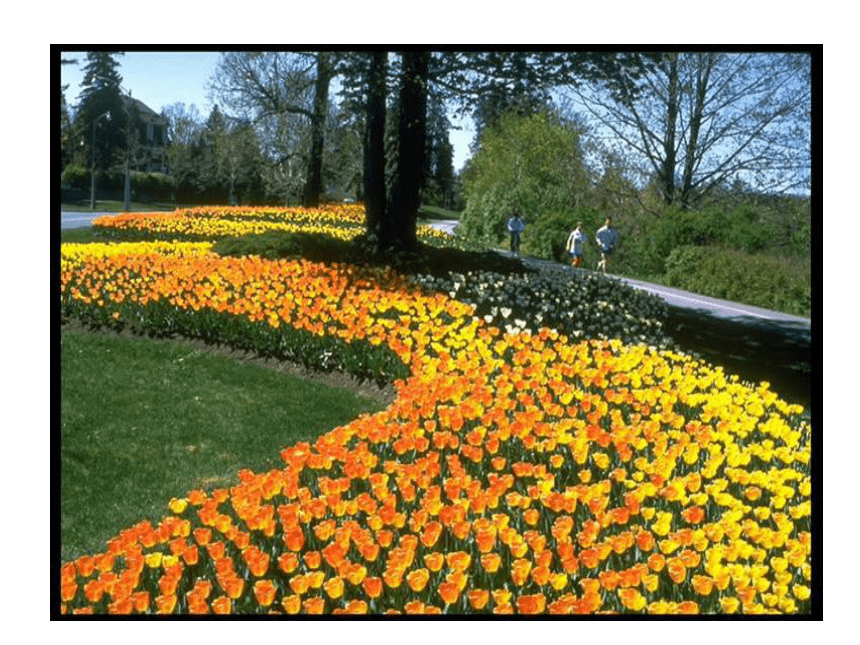
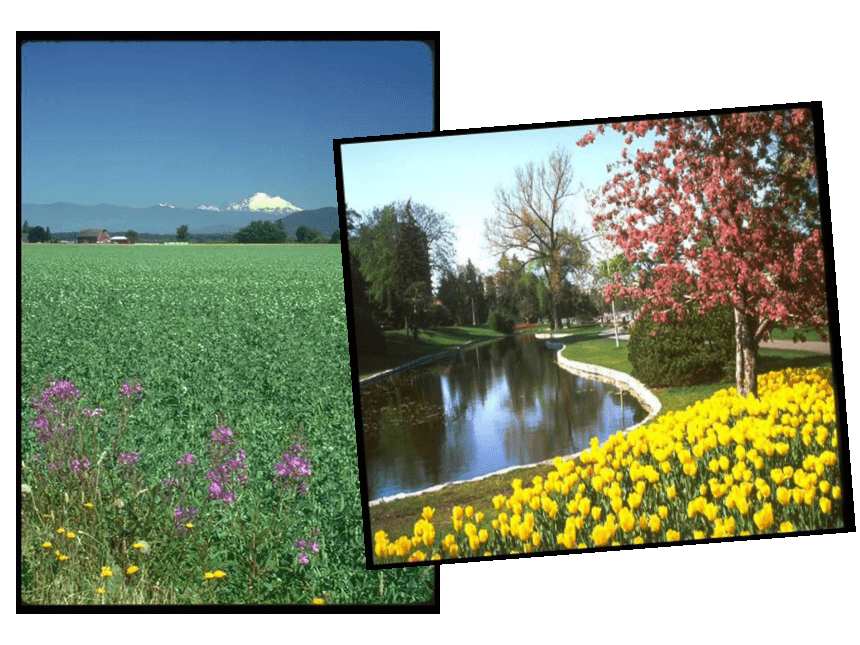
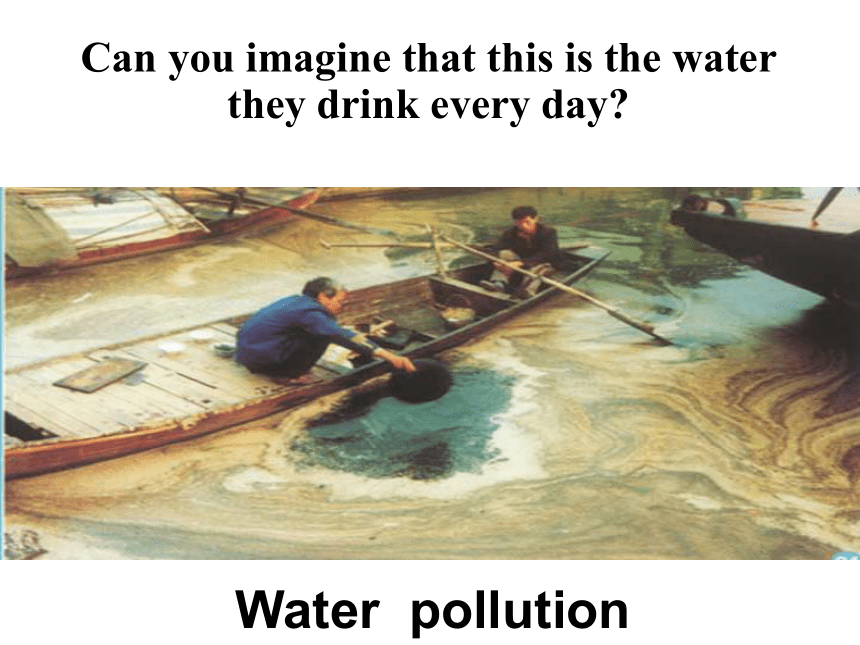

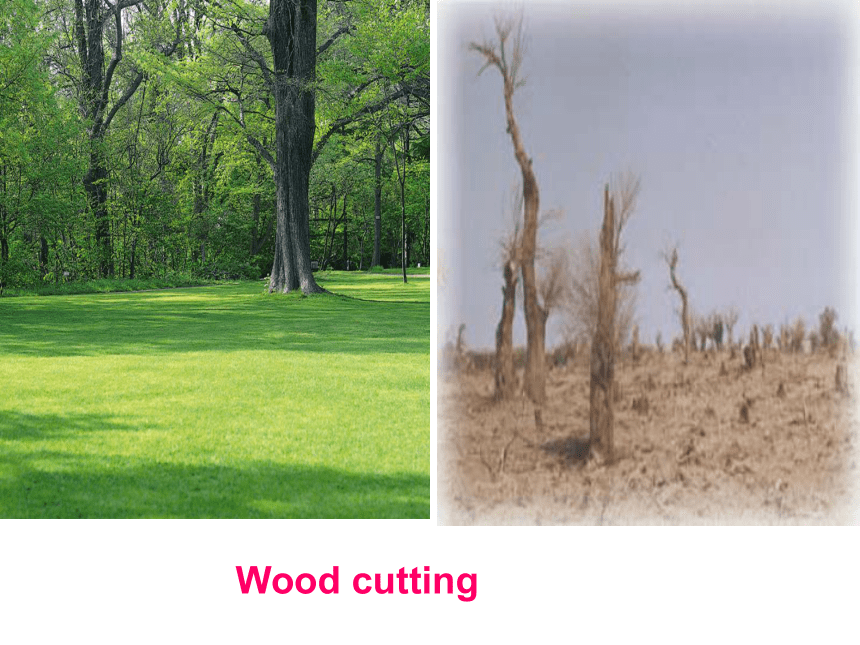
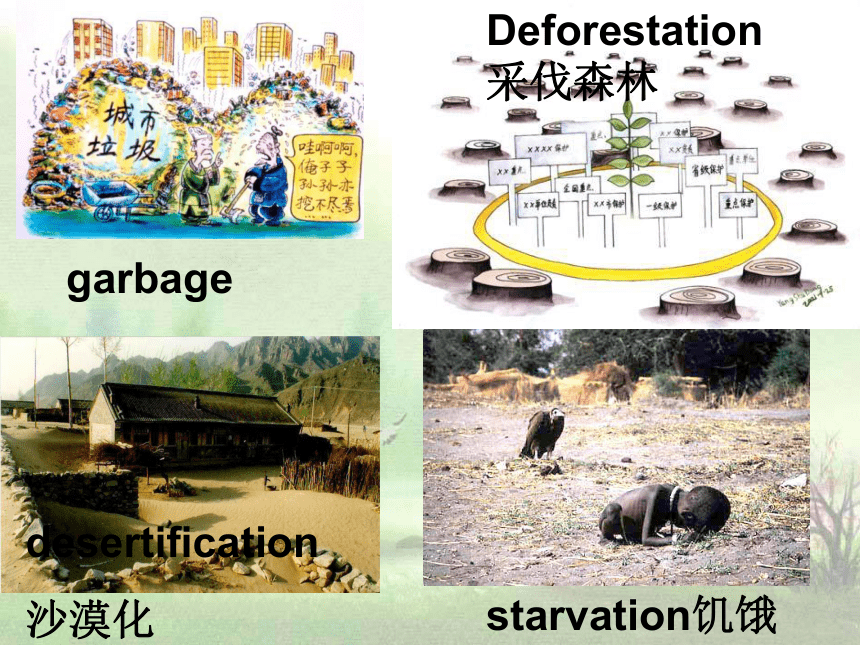
文档简介
(共40张PPT)
Module 12
Save our world
Unit 2 Remember three words:
reduce, reuse and recycle.
use less
use again
change things into something else
Learning Aims
1.Knowledge aims
1) To learn something about protecting the environment.
2)To know more about the ways to save the world.
3)To learn the grammar: word-building---- suffixes and prefixes
2.Ability aims
The students will be able to grasp the key words and expressions about the environment and can use corrected patterns to communicate with others in both oral English and written English.
3.Emotional aims
Help the students learn how to communicate with others, and let the students realize the responsibility of protecting the environment. It’s time to save our world.
reduce
reuse
necessary
plastic
repair
care
Instead
instead of
cloth
sort
harm
do harm to
difference
减少,减小
重新利用
有必要的
塑料制的,塑料
修复
在意,关心;担心
代替
代替,而不是
布
挑拣
伤害
对...造成伤害
差别,差异
The beautiful earth is our home.
Do you love to live here
Can you imagine that this is the water
they drink every day
Water pollution
Air pollution
Wood cutting
garbage
Deforestation采伐森林
desertification
沙漠化
starvation饥饿
most serious
problems
Which ways are good for the environment and why
It is better to use a lunch box and china cup than a paper bag and paper cup, because
they are reusable, paper cups can only be used once and have to be thrown away.
It is better for Chinese people to buy Chinese products than products from abroad.
It is much better to recycle used things
than burn them. In this way, we can use
less energy; also, burning pollutes the air.
Do you try to walk or ride a bike to school
Do you buy new clothes just because they are the latest fashions
Do you open a window instead of turning on air conditioning
Do you buy things produced locally instead of made aboard
Do you take your own cloth bag when shopping instead of using plastic bags
Do you sort the waste before throwing it away
1.What can we reuse
We can reuse a lot of things ,such as paper,water and so on.
2.What can be recycled
Paper,cloth,batteries and glass can be recycled.
3. What can’t we throw away
4. What takes a lot of energy to make
5. What pollutes the air and water
If things can be used for a longer time, we shouldn’t throw them away.
New things take a lot of energy to make.
Things made out of plastic and rubber.
Check (√) the things you Should do.
( T ) 1. Order food that you can finish.
( F ) 2. Use less electricity at home.
( T ) 3. Learn ways to recycle at home.
( F ) 4. Use paper cups and paper bags
( T ) 5. Repair things.
( T ) 6. Divide rubbish into different groups.
( F ) 7. Collect waste or rubbish to raise money.
( F ) 8. burn things to save energy.
Reduce=
In order to reduce:
We should We shouldn’t
reason
use less
1.waste things
3.buy too many things from abroad
3.choose local products if possible.
2.buy something new only when necessary.
2.buy anything that is unnecessary.
1.save
This saves money and reduces pollution and waste going into the environment.
Reuse=
In order to reuse:
We should We shouldn’t
reason
use again
2.Use a paper cup or a paper bag.
3.Look after things so that they will last, repair them if we can.
2.When we buy things, make sure that they last a long time.
1.Use things for as long as possible.
We can use them again
4.Use a china cup and a lunch box.
1.Throw broken things and buy new ones
Recycle =
In order to recycle:
We should We shouldn’t
reason
change things into something else
2.Buy products made from recycled materials, such as recycled paper, to help save trees.
1.Find out what can be recycled in your neighbourhood and take
part in recycling programmes.
Throw things away
or burn them.
It saves energy
We throw away _____ of rubbish every year. If we want a clean world for our grandsons and ______,we have to _____, _______ and _____._____these three words every day. The first ____is to use less. The second is to use things as long as possible. Then _____your rubbish into _____, paper, rubber and glass. Finally, draw up a recycling _____for your community. We cannot hope for ____change, but every little bit helps.
1.protect the environment 保护环境
environmental education 环境教育/保护
2.stop sb. (from) doing sth. 阻止某人做某事
3.care about 关心,在乎,在意
care for 喜欢,照顾
4.the latest fashion 最新的款式
5.turn on air conditioning 打开空调(不可数)
6.instead of doing sth. 代替做某事(放于句中)
7.things produced locally 本地产品
8.made in China 中国制造
made abroad 国外制造
9.when doing sth. 当做某事的时候
before doing sth. 在做某事以前
10.sort the waste 分类垃圾
11.be bad for=do harm to=be hamful to 对……造成伤害
be good for=do good to 对……有好处
12.the simplest everyday activities 最简单的日常活动
13.make a/no/some/much difference to
对……产生重大(没有、一些、许多)影响
14.if possible=if sb. can 如果可能的话
15.try not to do sth. 尽力不做某事
16.too many+复数
too much+不可数 太多的……
17.things from abroad 来自国外的东西
18.as long as possible=as long as sb. can 尽可能长一点
19.It’s better to do sth. 最好做某事
You’d better do sth 你最好做某事
20.a china cup 一个陶瓷杯
22.change sth. into sth. 把某物变成某物
23.join+组织/人/俱乐部 参加组织/人/俱乐部
join in+某个活动 参加某个活动
take part in+活动/会议/聚会等 参加活动/会议/聚会等
join sb. in doing sth. 与某人一起做某事
24.recycled materials 可回收的材料
Language points
1. be careful /about of 小心/谨慎地对待
如:
Be careful of /about the ice on the road.
当心马路上的冰。
Be careful of /about your health.
注意你的健康;请多保重。
2. throw away 扔掉
Don’t throw away those boxes. 不要把那些箱子扔掉。
Do not throw that plastic bag away,
it may come in handy. 别把那个塑料袋扔了,会用得着的。
3. care about 关心,介意,在乎
I care about you a lot. 我对你很关心。
I don’t care about money. 我不在乎钱。
4. do harm to 对……有害
The trials show that smoking will do harm to people.
试验显示抽烟对人体有害。
It wouldn't do him any harm to work
a bit harder. 工作努力点对他没什么害处。
5. do good to 对……有好处
Exercise will do good to your health. 锻炼将对你的健康有益。
A holiday will do good to you.
休假会对你有好处。
6. everyday 是形容词,“每日的,每天
的”,它用来修饰后面的名词。
every day 是两个单词,后面不能有
名词被它修饰,只能在句中作状语。
It rained practically every day. 几乎天天下雨。
He reads the Bible everyday. 他每天读圣经。
7. change into 把...变成
They are changing desert into
farmland.
他们正在使沙漠变为农田。
The ugly caterpillar will change into
a beautiful butterfly. 丑陋的毛虫会变成美丽的蝴蝶。
5 Give reasons for what you
should or shouldn't do.
1.You shouldn't buy the latest fashion
because it wastes energy to make them.
2.You should choose local products
because that saves energy.
3.You shouldn't waste energy because
it’s dear(宝贵的).
4.You shouldn't buy things from abroad because its costs a lot of energy to bring them to you.
5.You should repair things because it
saves resources.
6.You shouldn't use paper bags and
cups because they have to be recycled.
7.You shouldn't throw things away
because they should be recycled..
Reduce
Reuse
Recycle
Reuse
Recycle
Reuse
Work in pairs. Make a poster
about how to be green.
1.Make a list of things you use every day that you could recycle.
glass bottles, newspapers, old clothes ....
2.Make a list of the things that use
electricity in your home.
lights, car, fridge ...
3.Make a list of green products --things
that have already been recycled.
Paper,glass,plastic bottles.....
Make suggestions about how to be green. Give reasons using because, so and so that.
1.Don't throw bottles away because it's
better to recycle them.
2.Do turn out lights so that you use
less energy.
3.Try to use recycled paper because it
saves energy.
Module 12
Save our world
Unit 2 Remember three words:
reduce, reuse and recycle.
use less
use again
change things into something else
Learning Aims
1.Knowledge aims
1) To learn something about protecting the environment.
2)To know more about the ways to save the world.
3)To learn the grammar: word-building---- suffixes and prefixes
2.Ability aims
The students will be able to grasp the key words and expressions about the environment and can use corrected patterns to communicate with others in both oral English and written English.
3.Emotional aims
Help the students learn how to communicate with others, and let the students realize the responsibility of protecting the environment. It’s time to save our world.
reduce
reuse
necessary
plastic
repair
care
Instead
instead of
cloth
sort
harm
do harm to
difference
减少,减小
重新利用
有必要的
塑料制的,塑料
修复
在意,关心;担心
代替
代替,而不是
布
挑拣
伤害
对...造成伤害
差别,差异
The beautiful earth is our home.
Do you love to live here
Can you imagine that this is the water
they drink every day
Water pollution
Air pollution
Wood cutting
garbage
Deforestation采伐森林
desertification
沙漠化
starvation饥饿
most serious
problems
Which ways are good for the environment and why
It is better to use a lunch box and china cup than a paper bag and paper cup, because
they are reusable, paper cups can only be used once and have to be thrown away.
It is better for Chinese people to buy Chinese products than products from abroad.
It is much better to recycle used things
than burn them. In this way, we can use
less energy; also, burning pollutes the air.
Do you try to walk or ride a bike to school
Do you buy new clothes just because they are the latest fashions
Do you open a window instead of turning on air conditioning
Do you buy things produced locally instead of made aboard
Do you take your own cloth bag when shopping instead of using plastic bags
Do you sort the waste before throwing it away
1.What can we reuse
We can reuse a lot of things ,such as paper,water and so on.
2.What can be recycled
Paper,cloth,batteries and glass can be recycled.
3. What can’t we throw away
4. What takes a lot of energy to make
5. What pollutes the air and water
If things can be used for a longer time, we shouldn’t throw them away.
New things take a lot of energy to make.
Things made out of plastic and rubber.
Check (√) the things you Should do.
( T ) 1. Order food that you can finish.
( F ) 2. Use less electricity at home.
( T ) 3. Learn ways to recycle at home.
( F ) 4. Use paper cups and paper bags
( T ) 5. Repair things.
( T ) 6. Divide rubbish into different groups.
( F ) 7. Collect waste or rubbish to raise money.
( F ) 8. burn things to save energy.
Reduce=
In order to reduce:
We should We shouldn’t
reason
use less
1.waste things
3.buy too many things from abroad
3.choose local products if possible.
2.buy something new only when necessary.
2.buy anything that is unnecessary.
1.save
This saves money and reduces pollution and waste going into the environment.
Reuse=
In order to reuse:
We should We shouldn’t
reason
use again
2.Use a paper cup or a paper bag.
3.Look after things so that they will last, repair them if we can.
2.When we buy things, make sure that they last a long time.
1.Use things for as long as possible.
We can use them again
4.Use a china cup and a lunch box.
1.Throw broken things and buy new ones
Recycle =
In order to recycle:
We should We shouldn’t
reason
change things into something else
2.Buy products made from recycled materials, such as recycled paper, to help save trees.
1.Find out what can be recycled in your neighbourhood and take
part in recycling programmes.
Throw things away
or burn them.
It saves energy
We throw away _____ of rubbish every year. If we want a clean world for our grandsons and ______,we have to _____, _______ and _____._____these three words every day. The first ____is to use less. The second is to use things as long as possible. Then _____your rubbish into _____, paper, rubber and glass. Finally, draw up a recycling _____for your community. We cannot hope for ____change, but every little bit helps.
1.protect the environment 保护环境
environmental education 环境教育/保护
2.stop sb. (from) doing sth. 阻止某人做某事
3.care about 关心,在乎,在意
care for 喜欢,照顾
4.the latest fashion 最新的款式
5.turn on air conditioning 打开空调(不可数)
6.instead of doing sth. 代替做某事(放于句中)
7.things produced locally 本地产品
8.made in China 中国制造
made abroad 国外制造
9.when doing sth. 当做某事的时候
before doing sth. 在做某事以前
10.sort the waste 分类垃圾
11.be bad for=do harm to=be hamful to 对……造成伤害
be good for=do good to 对……有好处
12.the simplest everyday activities 最简单的日常活动
13.make a/no/some/much difference to
对……产生重大(没有、一些、许多)影响
14.if possible=if sb. can 如果可能的话
15.try not to do sth. 尽力不做某事
16.too many+复数
too much+不可数 太多的……
17.things from abroad 来自国外的东西
18.as long as possible=as long as sb. can 尽可能长一点
19.It’s better to do sth. 最好做某事
You’d better do sth 你最好做某事
20.a china cup 一个陶瓷杯
22.change sth. into sth. 把某物变成某物
23.join+组织/人/俱乐部 参加组织/人/俱乐部
join in+某个活动 参加某个活动
take part in+活动/会议/聚会等 参加活动/会议/聚会等
join sb. in doing sth. 与某人一起做某事
24.recycled materials 可回收的材料
Language points
1. be careful /about of 小心/谨慎地对待
如:
Be careful of /about the ice on the road.
当心马路上的冰。
Be careful of /about your health.
注意你的健康;请多保重。
2. throw away 扔掉
Don’t throw away those boxes. 不要把那些箱子扔掉。
Do not throw that plastic bag away,
it may come in handy. 别把那个塑料袋扔了,会用得着的。
3. care about 关心,介意,在乎
I care about you a lot. 我对你很关心。
I don’t care about money. 我不在乎钱。
4. do harm to 对……有害
The trials show that smoking will do harm to people.
试验显示抽烟对人体有害。
It wouldn't do him any harm to work
a bit harder. 工作努力点对他没什么害处。
5. do good to 对……有好处
Exercise will do good to your health. 锻炼将对你的健康有益。
A holiday will do good to you.
休假会对你有好处。
6. everyday 是形容词,“每日的,每天
的”,它用来修饰后面的名词。
every day 是两个单词,后面不能有
名词被它修饰,只能在句中作状语。
It rained practically every day. 几乎天天下雨。
He reads the Bible everyday. 他每天读圣经。
7. change into 把...变成
They are changing desert into
farmland.
他们正在使沙漠变为农田。
The ugly caterpillar will change into
a beautiful butterfly. 丑陋的毛虫会变成美丽的蝴蝶。
5 Give reasons for what you
should or shouldn't do.
1.You shouldn't buy the latest fashion
because it wastes energy to make them.
2.You should choose local products
because that saves energy.
3.You shouldn't waste energy because
it’s dear(宝贵的).
4.You shouldn't buy things from abroad because its costs a lot of energy to bring them to you.
5.You should repair things because it
saves resources.
6.You shouldn't use paper bags and
cups because they have to be recycled.
7.You shouldn't throw things away
because they should be recycled..
Reduce
Reuse
Recycle
Reuse
Recycle
Reuse
Work in pairs. Make a poster
about how to be green.
1.Make a list of things you use every day that you could recycle.
glass bottles, newspapers, old clothes ....
2.Make a list of the things that use
electricity in your home.
lights, car, fridge ...
3.Make a list of green products --things
that have already been recycled.
Paper,glass,plastic bottles.....
Make suggestions about how to be green. Give reasons using because, so and so that.
1.Don't throw bottles away because it's
better to recycle them.
2.Do turn out lights so that you use
less energy.
3.Try to use recycled paper because it
saves energy.
同课章节目录
- Module 1 Wonders of the world
- Unit 1 It's more than 2,000 years old.
- Unit 2 The Grand Canyon was not just big.
- Unit 3 Language in use
- Module 2 Public holidays
- Unit 1 My family always go somewhere interesting a
- Unit 2 We have celebrated the festival since the f
- Unit 3 Language in use
- Module 3 Heroes
- Unit 1 She trained hard,so she became a great play
- Unit 2There were few doctors, so he had to work ve
- Unit 3 Language in use
- Module 4 Home alone
- Unit 1 I can look after myself, although it won’t
- Unit 2 I became so bored with their orders that I
- Unit 3 Language in use
- Module 5 Museums
- Unit 1 Don't cross that rope!
- Unit 2 If you ever go to London, make sure you vis
- Unit 3 Language in use
- Module 6 Problems
- Unit 1 If I start after dinner, I'll finish it be
- Unit 2 If you tell him the truth now, you will sho
- Unit 3 Language in use
- Revision Module A
- Module 7 Great books
- Unit 1 We're still influenced by Confucius's idea
- Unit 2 It is still read and loved.
- Unit 3 Language in use
- Module 8 Sports life
- Unit 1 Daming wasn't chosen for the team last time
- Unit 2 He was invited to competitions around the w
- Unit 3 Language in use
- Module 9 Great inventions
- Unit 1 Will computers be used more than books in t
- Unit 2 Will books be replaced by the Internet?
- Unit 3 Language in use
- Module 10 Australia
- Unit 1 I have some photos that I took in Australia
- Unit 2 The game that they like most is Australian
- Unit 3 Language in use
- Module 11 Photos
- Unit 1 He's the boy who won the photo competition
- Unit 2 The photo which we liked best was taken by
- Unit 3 Language in use
- Module 12 Save our world
- Unit 1 If everyone starts to do something, the wor
- Unit 2 Repeat these three words daily: reduce, reu
- Unit 3 Language in use
- Revision Module B
